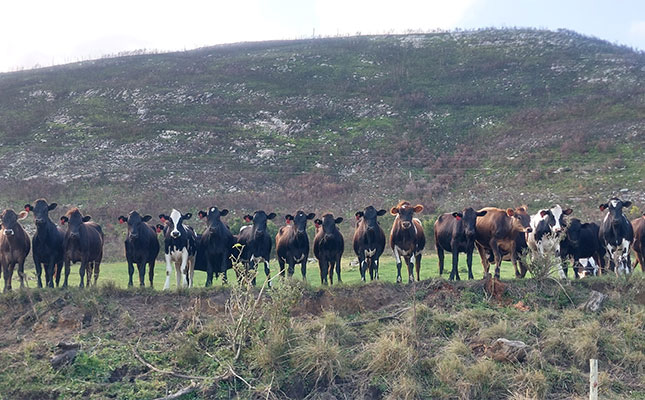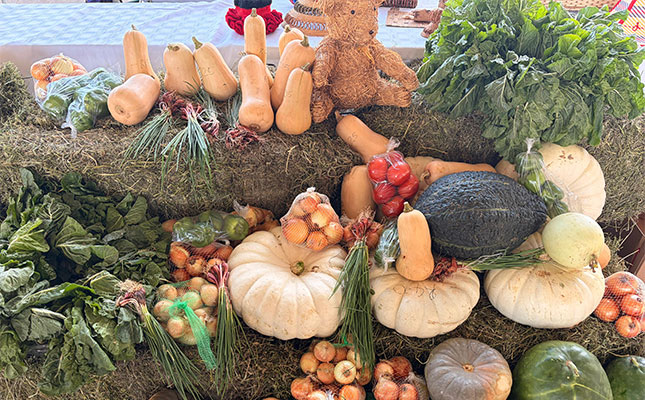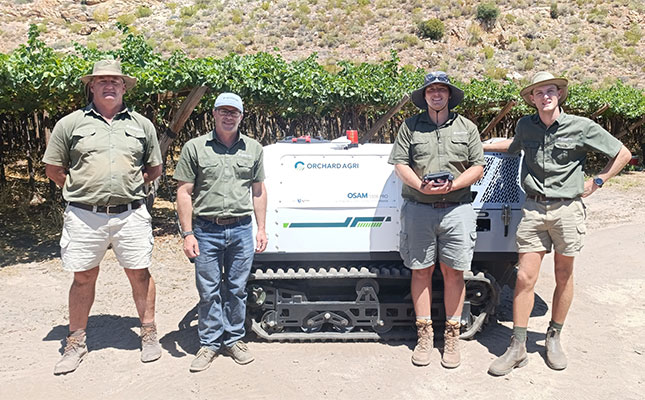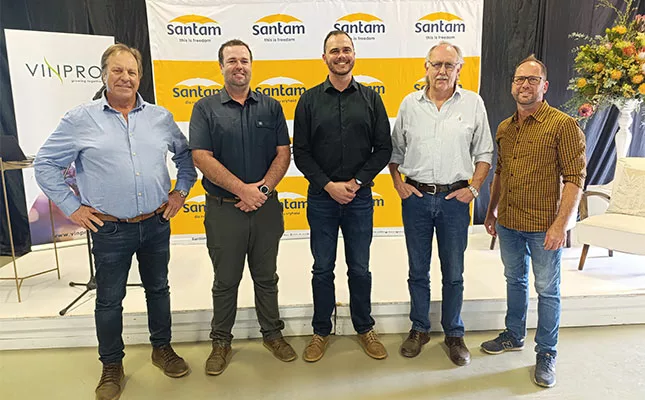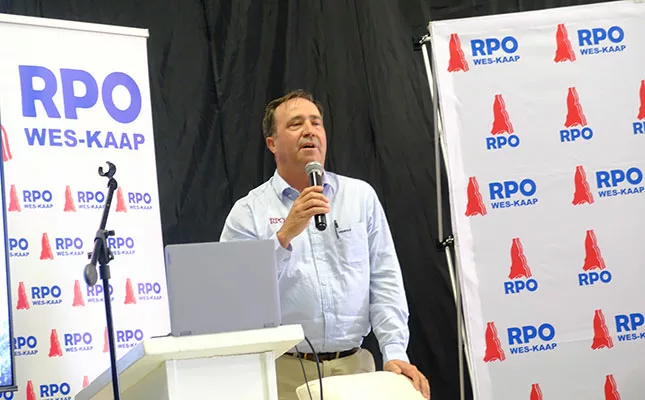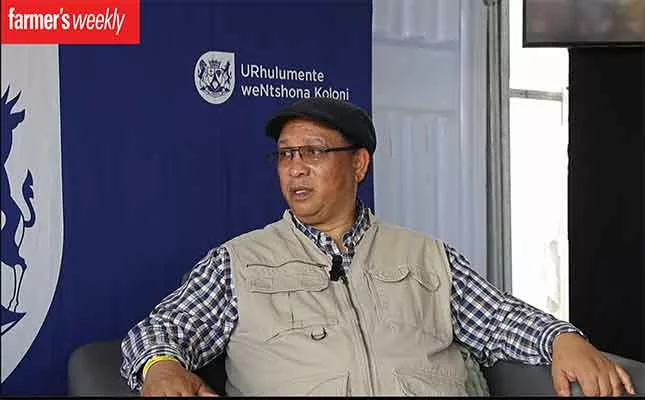
In terms of farm attacks and rural safety, he said this was an issue his department was taking very seriously.
“An attack on a farmer is an attack on the economy. My key job is to grow the economy. I want people to respect farmers because they make a big contribution,” Meyer said.
He added there had been an increase in the number of people attacked or killed on farms in recent years, including farmers and farmworkers.
“When we want to solve a problem, we first need to admit there is a problem,” he said.
He added that, to help prevent these attacks, in the Western Cape specifically, his department was actively working with farm watches. He had also established a rural safety committee and interministerial committee on rural safety.
“We’ve also established [the Rural Safety Desk and Rural Safety Monitoring Dashboard], which tells you exactly what type of rural crime happened and where it happened. We also engage with the Department of Community Safety and National Prosecuting Authority to find out where these cases are in the court system, because we want to see justice being done,” Meyer explained.
He added that rural safety remained one of his department’s top priorities, along with farmer support, market access for exports, and climate change. He urged farmers and other role players to read his department’s record of delivery.
“My priorities and achievements have been well documented. This is the only department of agriculture in South Africa that has published a record of delivery. People can find it on the Western Cape government website.”
Market access
Another point of discussion was the almost-certain exclusion of South Africa from the African Growth and Opportunity Act (AGOA), which allows for duty-free access of certain South African exports to the US.
“AGOA will come to an end because of South African politics,” Meyer said. “We cannot expect the US to give us preferential treatment, and [then we] have our generals visiting Iran and planning military exercises with China and Russia. Foreign policy is the main reason AGOA will not be renewed.”
He added that the citrus industry would be particularly hard hit and that he was working closely with the Citrus Growers’ Association of Southern Africa in this regard.
“Jobs will be lost; here and abroad,” he said. He added that tariffs generally drove up inflation by making products more expensive, and with lower tariffs in South Africa’s competitor countries, consumers could show a preference for imported goods.
“But we are looking for opportunities,” he said. “Farmers are resilient: ‘n Boer maak ‘n plan. We are working with farmers and Wesgro to look for other markets.”
Meyer warned, however, that new markets could not be established “overnight”.
“It takes a number of years to establish new markets. But we are putting the building blocks in place through economic diplomacy to make sure we can access other global markets, particularly in the EU.”
Meyer also said that overall, the global trade environment had seen several changes since US President Donald Trump entered the White House on 20 January.
The Western Cape Department of Agriculture’s strategy to weather this storm included listening to farmers and exporters, Meyer said.
“I’m in contact with the Western Cape exporters forum, and I have commissioned a study through the [Bureau for Food and Agricultural Policy] to look at the impact of tariffs on agriculture in the Western Cape,” he said.
Meyer added that he’d also met with around 600 companies that exported products to the US to find solutions to the issue of trade.
“We need to keep the political temperature down. We need economic diplomacy,” he said. He added that market diversification was crucial, and that they were looking at market access to other countries in Africa, as well as India and China, among others.
Meyer said his goal for his current term was to triple exports, particularly agricultural goods.
“As 66% of our agricultural exports go to Africa, we want to extend our footprint on the continent.”
This would be achieved through capitalising on the African Continental Free Trade Area agreement, despite its challenges.
“I [recently] met with the minister of finance of Canada, and he said Canada is open for business. We hope to fill the gaps [left by US tariffs on the Canadian market],” Meyer concluded.
Get trusted farming news from Farmers Weekly in Google Top Stories.
➕ Add Farmers Weekly to Google ✔ Takes 10 seconds · ✔ Remove anytime

